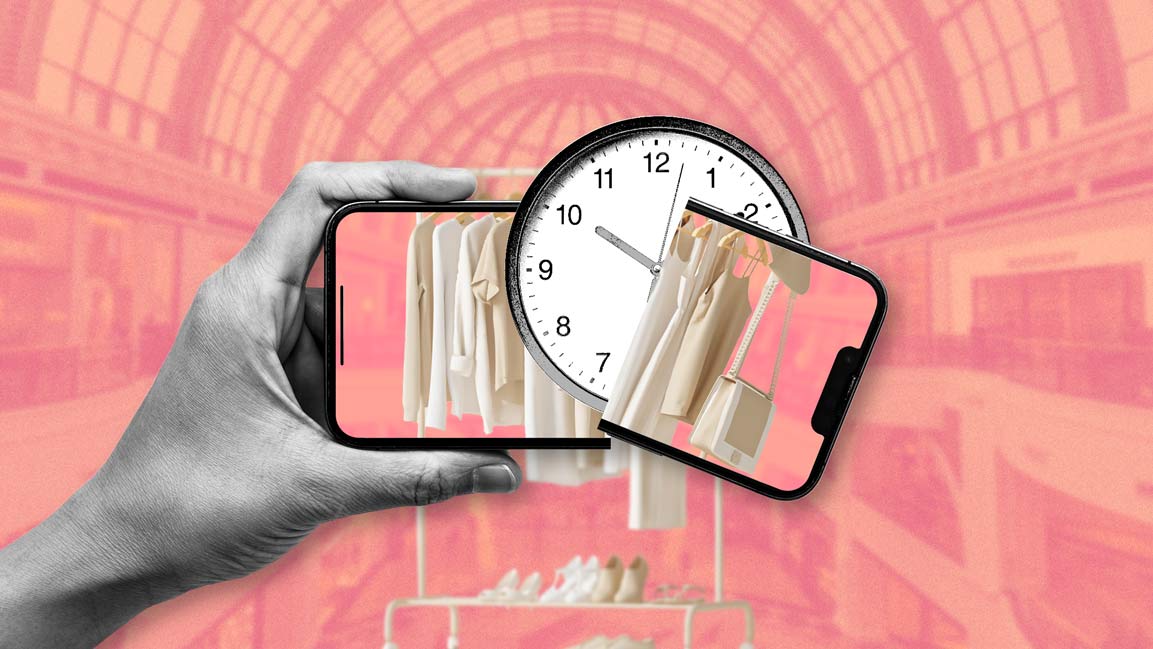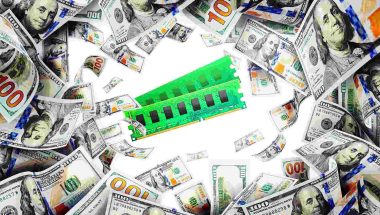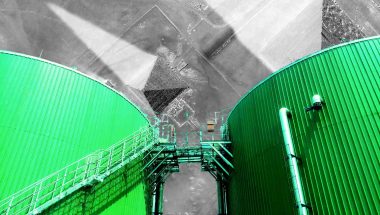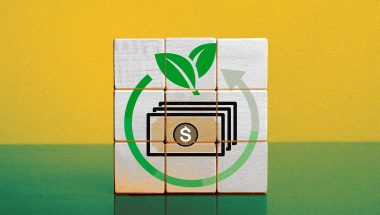- | 9:00 am
Can BNPL empower retailers in the Middle East to drive customer loyalty and growth?
The flexibility to purchase something now and pay later attracts customers more than ever

The reality of shopping today is that you’re drowning in options. How we shop is also changing, driven by a growing desire for convenience, flexibility, and personalized experiences. For retailers, this means finding new avenues to lure you in.
Among all the innovations, the one offering flexible payment options stands out: Buy Now, Pay Later (BNPL).
In a region with diverse consumer demands and economic uncertainties, BNPL is now making higher-priced items more accessible, attracting new customers and building stronger customer loyalty.
But how quickly has the Middle East embraced BNPL?
GROWING ADOPTION RATE
The BNPL market in the region is valued at $8.9 billion and is projected to reach $90.42 billion by 2030, growing at a CAGR of 34.72%.
Several factors have contributed to this explosive growth including a young, tech-savvy population who favor digital payment methods. In many cases, this demographic is driving demand for flexible payment options, says Alain El Hajj, Co-Founder at Paymob.
Additionally, the e-commerce boom, accelerated by the pandemic, has led to a demand for innovative payment solutions, with BNPL at the forefront. It offers a bridge to credit coupled with a seamless checkout payment experience for banked and underbanked consumers with the urgency of online shopping and inflationary pressures in many regional economies.
Retailers are incentivized by the ability to offer more payment flexibility, which leads to higher conversions and customer satisfaction. Partnerships between fintech companies and retailers have fueled the accessibility of BNPL, helping to drive adoption.
Walid Hassouna, CEO at Valu, highlights that the consumer finance market in Egypt grew by 50% between 2022 and 2023, reaching approximately $1.54 billion by the end of 2023.
He believes traditional financial services have been slower in adequately filling the gap created by the factors above, creating an opportunity for more agile and innovative players to enter the fold and deliver on affordability, convenience, and access.
FLEXIBLE PAYMENTS = INCREASED SALES
BNPL helps retailers grow their businesses and improve their revenue, says Hosam Arab, Co-Founder and CEO at Tabby. He adds, “Retailers that use Tabby see average order values increase by 33%. In turn, flexible payments increase shoppers’ purchasing power by giving them financial flexibility while reducing the initial cost.”
BNPL and consumer finance solutions have had a concrete and significant impact on boosting retailer sales in terms of higher conversion rates and increased basket sizes, adds Hassouna. This is further evidenced by retailers’ willingness and strong demand to work with BNPL solutions to expand.
Hajj points out that, on average, retailers see a 20-30% increase in average order values (AOV) when they offer BNPL. In particular, retailers in sectors like electronics, fashion, and luxury goods report even higher conversion rates and basket sizes.
“BNPL creates a robust infrastructure to support increased transaction volumes, especially on higher-value purchases which consumers may otherwise delay.”
There are several reasons why consumers have adopted the BNPL payment option.
Firstly, BNPL customers can make purchases they would otherwise be unable to, which is a convenient solution to affordability challenges. This comes into play even more when considering low access to traditional credit in these markets, making BNPL a suitable option for underbanked and unbanked segments who are otherwise unable to obtain credit, adds Hassouna.
Moreover, retailers can use BNPL as a selling point while marketing their brands, attracting customers who will be drawn in by the flexible payment options.
HELPING RETAILERS RETAIL CUSTOMERS
BNPL has a positive impact on customer retention and loyalty. Shoppers who use BNPL services frequently return to retailers who offer these payment options due to the convenience and transparency it provides, adds Hassouna. BNPL customers tend to be more satisfied compared to traditional credit card users, as they often appreciate the absence of interest or hidden fees.
He says, “Offering BNPL not only brings in first-time customers but also ensures repeat business by improving the overall shopping experience, which is key to fostering loyalty.”
TECHNOLOGY FACILITATING INCLUSION
Technological advancements driven by the smartphone have boosted BNPL growth in the Middle East, says Arab. For example, instant underwriting based on non-traditional credit assessments has allowed BNPL providers to quickly evaluate a wider range of customers, including those without conventional credit histories–expanding adoption and accessibility.
More reasons include the enhanced proliferation of machine learning and AI, supported by an abundance of alternative data, allowing for better-informed and faster credit decisions and boosting preference for these services compared to more cumbersome traditional credit.
Additionally, improved API and technology infrastructure, says Hassouna, enable easier integration of BNPL services into online and in-store payment systems.
Integrating BNPL into payment infrastructures, from in-store POS devices to mobile apps and online stores, makes it easier for consumers to access these payment methods and for retailers to offer seamless checkout experiences.
Open banking, allowing secure data sharing via APIs, has strengthened the BNPL ecosystem by enabling providers to access consumers’ banking data for improved risk assessments and personalized repayment plans, says Hajj. This reduces default rates and extends services to underserved segments. Open banking also ensures faster, more secure transactions for consumers and merchants.
Most importantly, BNPL is transformative in advancing financial inclusion across the Middle East.
Hassouna says that in countries like Egypt, where more than 60% of adults remain underbanked, BNPL offers a critical alternative to traditional credit systems.
By offering installment payment solutions to consumers without access to credit cards or loans, BNPL democratizes credit access, enabling underserved segments such as younger individuals and expatriates to participate in the economy.
A key advantage of BNPL is its reliance on alternative data, such as transaction histories and real-time spending patterns, rather than traditional credit scores. Enabled by open banking, this approach offers more accurate assessments of repayment ability and reduces credit barriers, especially in the Middle East, where formal credit histories are often lacking.
BNPL enhances consumer purchasing power, driving local economies in retail, electronics, and e-commerce. By allowing consumers to spread payments for large purchases, it boosts merchants’ revenues and stimulates economic activity. SMEs also benefit by promoting consumer spending while preserving cash flow.
Hajj adds that Middle Eastern governments acknowledge BNPL’s impact on financial inclusion and are introducing regulations to protect consumers and ensure fair repayment terms, which fosters a more inclusive financial ecosystem.
Fast Company Middle East’s Next Big Things in Retail Summit, which will be held on November 12 in Riyadh, will cover key topics in retail, such as experiential retail, traditional store optimization, and e-commerce strategies like social commerce and hyper-personalization. It will also discuss how design and innovation will play a role in reshaping the retail landscape.
Delegates can register here.







































